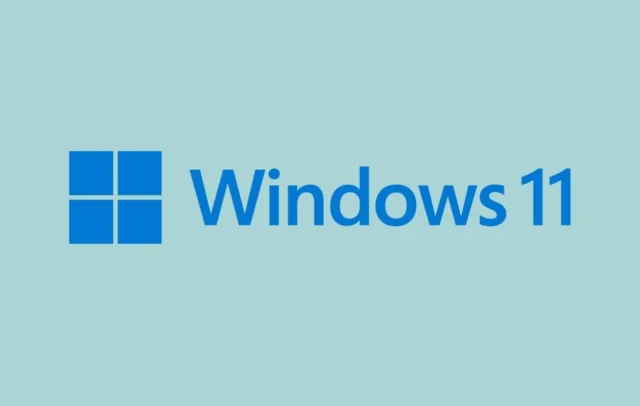
Microsoft is strongly encouraging users to ditch their perfectly functional Windows 10 devices in favor of new hardware capable of running Windows 11. This push, which began with the launch of Windows 11 in late 2021, is raising concerns about the environmental impact of prematurely discarding millions of devices. With Windows 10 support ending in October 2025, Microsoft is essentially giving users an ultimatum: upgrade your hardware or risk security vulnerabilities. This strategy, while potentially beneficial for Microsoft and PC manufacturers, could have significant consequences for the planet.
The issue lies in Windows 11’s stringent hardware requirements, which exclude a vast number of older but still capable devices.
Microsoft’s own support documents even suggest that users with older PCs should “throw those devices out and grab a new computer.” This seemingly cavalier attitude towards e-waste has sparked criticism from environmental groups and tech enthusiasts alike. Why is Microsoft seemingly promoting a practice that contributes to the growing global e-waste crisis?
The “Upgrade or Else” Approach
To understand Microsoft’s strategy, it’s important to consider the context. The PC market has experienced sluggish growth in recent years. Encouraging users to upgrade their hardware could provide a much-needed boost to sales for both Microsoft and its hardware partners. Furthermore, Windows 11 introduces new features and security enhancements that, according to Microsoft, require newer hardware to function optimally.
However, critics argue that these justifications don’t outweigh the environmental cost. Millions of PCs are perfectly capable of running Windows 10 and performing everyday tasks. Forcing users to discard these devices simply because they don’t meet arbitrary hardware requirements seems like an irresponsible move, especially given the growing concern about e-waste.
The E-Waste Dilemma
Electronic waste, or e-waste, is a major environmental problem. Discarded electronics often contain hazardous materials like lead, mercury, and cadmium, which can leach into the soil and water, posing risks to human health and the environment. Furthermore, the process of manufacturing new electronics is resource-intensive and contributes to greenhouse gas emissions.
According to a report by Canalys, the end of Windows 10 support could turn 240 million PCs into e-waste. This staggering number highlights the potential scale of the problem. While many of these devices may find their way into the secondhand market or be repurposed for other uses, a significant portion will likely end up in landfills.
Microsoft has a responsibility to promote sustainable practices. As a leading technology company, it should be at the forefront of efforts to reduce e-waste. Instead, its current strategy seems to be exacerbating the problem.
What can Microsoft do differently?
- Relax hardware requirements: Microsoft could reconsider the stringent hardware requirements for Windows 11, allowing more devices to upgrade.
- Extend Windows 10 support: Providing extended security updates for Windows 10 would give users more time to upgrade their hardware and reduce the immediate impact on e-waste.
- Promote responsible disposal: Microsoft should actively promote responsible e-waste disposal and recycling programs.
- Invest in circular economy initiatives: Microsoft could invest in initiatives that promote the reuse and refurbishment of old electronics.
The Role of Consumers
While Microsoft bears a significant responsibility, consumers also have a role to play.
- Consider alternatives: Before discarding an old device, explore options like Linux distributions that can breathe new life into older hardware.
- Repair and upgrade: Instead of replacing an entire device, consider repairing or upgrading components to extend its lifespan.
- Recycle responsibly: When it’s time to dispose of a device, ensure it’s recycled through a responsible e-waste recycling program.
The Future of Sustainable Tech
The controversy surrounding Windows 11 highlights the need for a more sustainable approach to technology. As consumers, we need to demand products that are designed to last and that can be easily repaired and upgraded. We also need to hold companies like Microsoft accountable for their environmental impact.
By making conscious choices and demanding change, we can help create a more sustainable future for technology.










